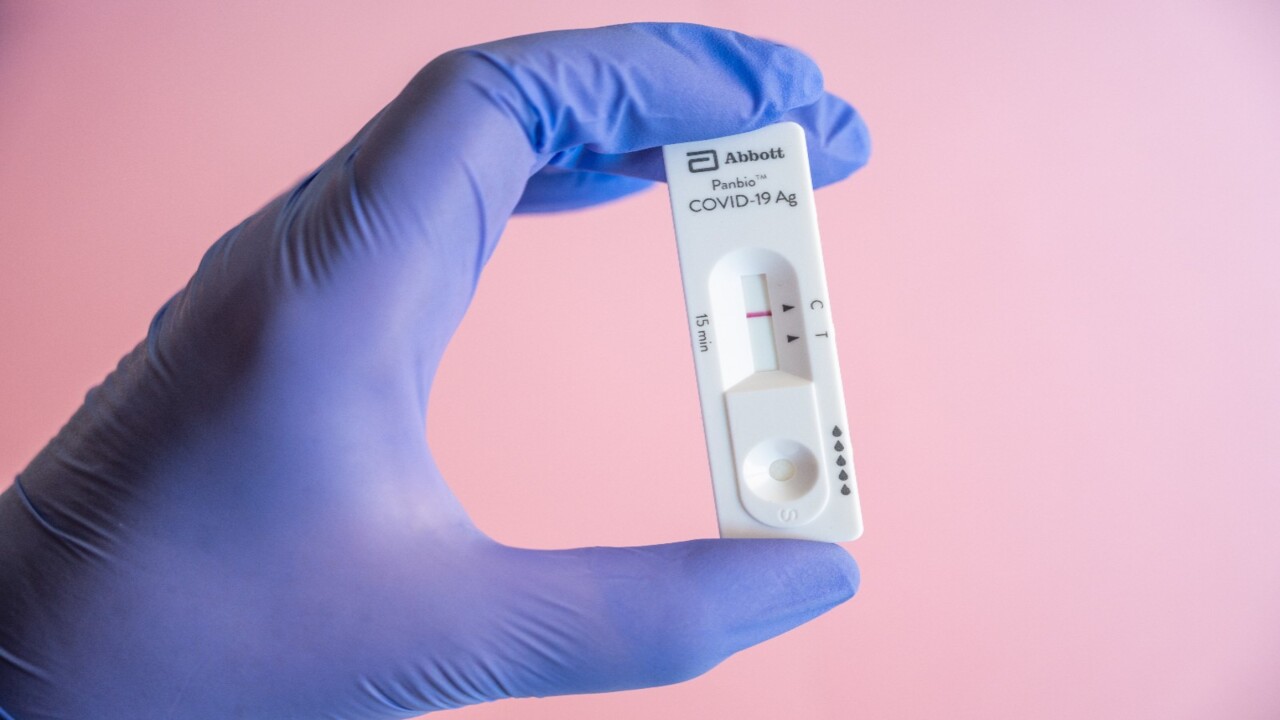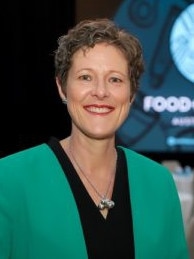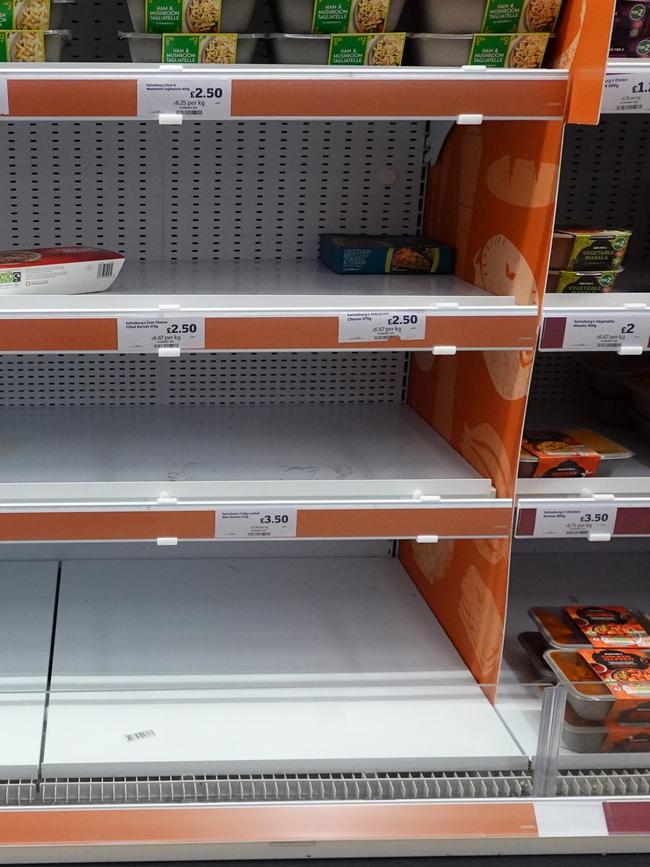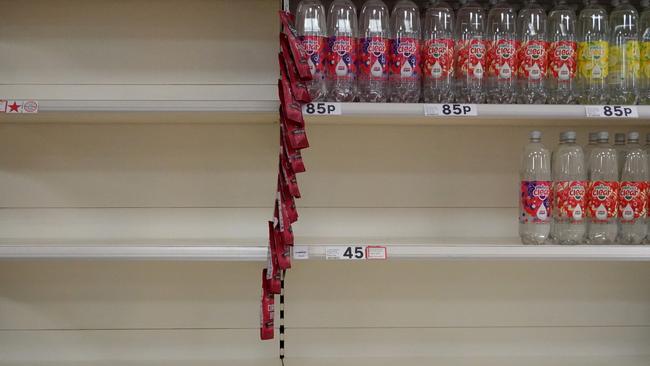Warning that Australia could face food shortages due to Covid-19
If rules aren’t changed on isolation for staff that have been fully vaccinated, there could be serious gaps on supermarket shelves, an industry group warned.

Manufacturing
Don't miss out on the headlines from Manufacturing. Followed categories will be added to My News.
Aussies could face food shortages and see particular products missing from shelves when NSW and Victoria open up if thousands of workers are forced to isolate when they come into contact with a Covid-19 case.
The Australian Food & Grocery Council (AFGC) has warned the impact to grocery supplies could be similar to what is being experienced in Britain.
Its suffering from a deepening supply chain crisis that is not only impacting supermarkets which have seen shortages of bread, milk, chicken, bottled water and soft drinks, but has caused fast food outlets to remove drinks from menus, restaurants to run out of chicken, empty vending machine and online grocery orders full of substitutions.
In NSW and Victoria, manufacturers have been faced with between 25 and 60 per cent of their employees being forced to quarantine at any one time during the current outbreaks causing production to stop or slow down, AFGC chief executive Tanya Barden said.
“What's happened in the UK is that Covid and the workforce impact of that has exacerbated some underlying issues that they had already around shortages of delivery workers, due to Brexit,” she told news.com.au.
“As a result of Covid when they opened their economy in the UK people deemed as close contacts had to go into isolation, which meant big workforce shortages and stopping production and significant product shortages. It highlights to our government that there is a risk and they need to get on the front foot and have right policy setting in place. We are having discussion with governments.”


After the pandemic prompted panic buying in Australia, Ms Barden said manufacturers tried to increase production, hold more stock and allow longer lead times on products.
“Now that inventory is starting to be run down as they have had this additional surge of lockdowns and increase in demand ... and companies haven’t been able to catch up,” she noted.
“They are under enormous pressure if economies open up in a couple of months and if we don’t get the right approach to close or casual contacts, there will be similar impact to the UK, where the workforce need to go into isolation and there are not enough available to produce products and there could be shortages.”
She said this could impact on short shelf life items such as milk, dairy and meat, but also a broad range of products outside fresh food.
Ms Barden said the Council, which represents companies including Coca-Cola, Kellogg, Nestle and Unilever, is encouraging government's to offer a new approach to close and casual contacts.
“If someone is double vaccinated and not symptomatic and had a negative test, they should be able to return to work rather than going into quarantine, so they can keep production going and avoid these food shortages,” she said.

Rapid antigen testing, which is already being used by Woolworths, Kelloggs and Coca Cola, could also be part of the solution, she added.
Although the $5 to $20 cost of the test, plus the requirement they must be administered by a health professional, makes it too expensive for smaller businesses.
“It becomes an additional tool to screen for cases in the workplace. Some businesses are doing trials and that’s helpful in getting early detection and to stop spreading in the workplace,” she said.
“But it is quite expensive if you’ve got lots of workers and if they are doing it every few days it becomes very expensive. So we calling on governments to not only endorse rapid antigen testing but also to provide some funding to support that roll out.”
A report from AFGC found food and grocery manufacturing turnover rose 4.1 per cent to almost $133 billion in the 12 months ending June 2020, aided by panic buying and people spending more time at home.
Originally published as Warning that Australia could face food shortages due to Covid-19





